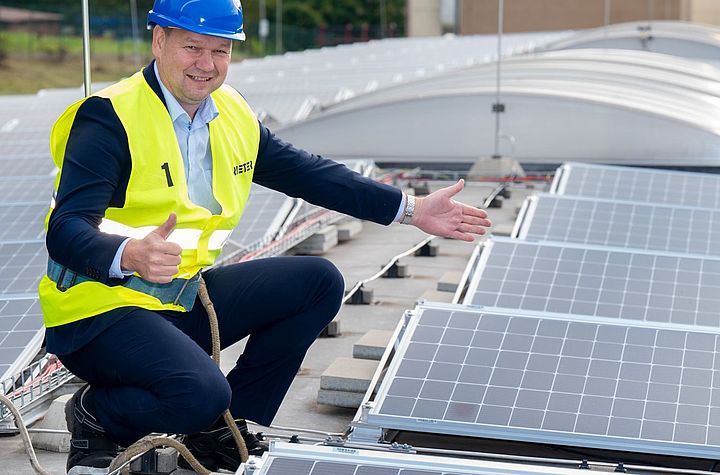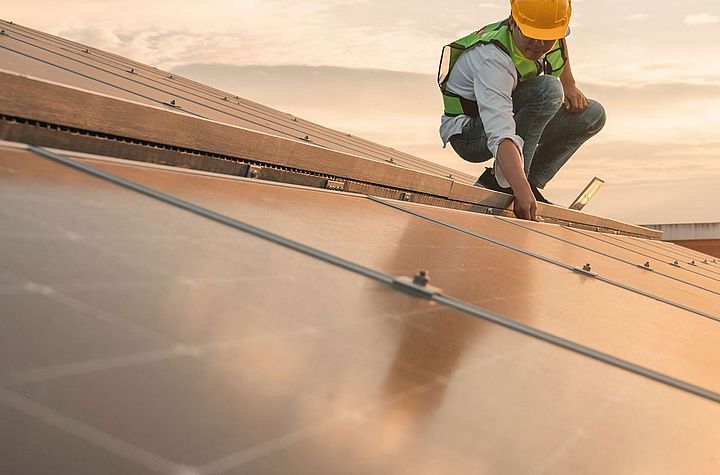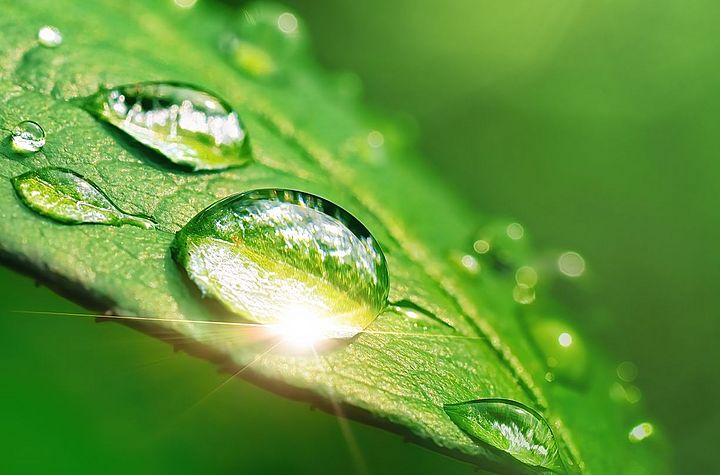Energy Management
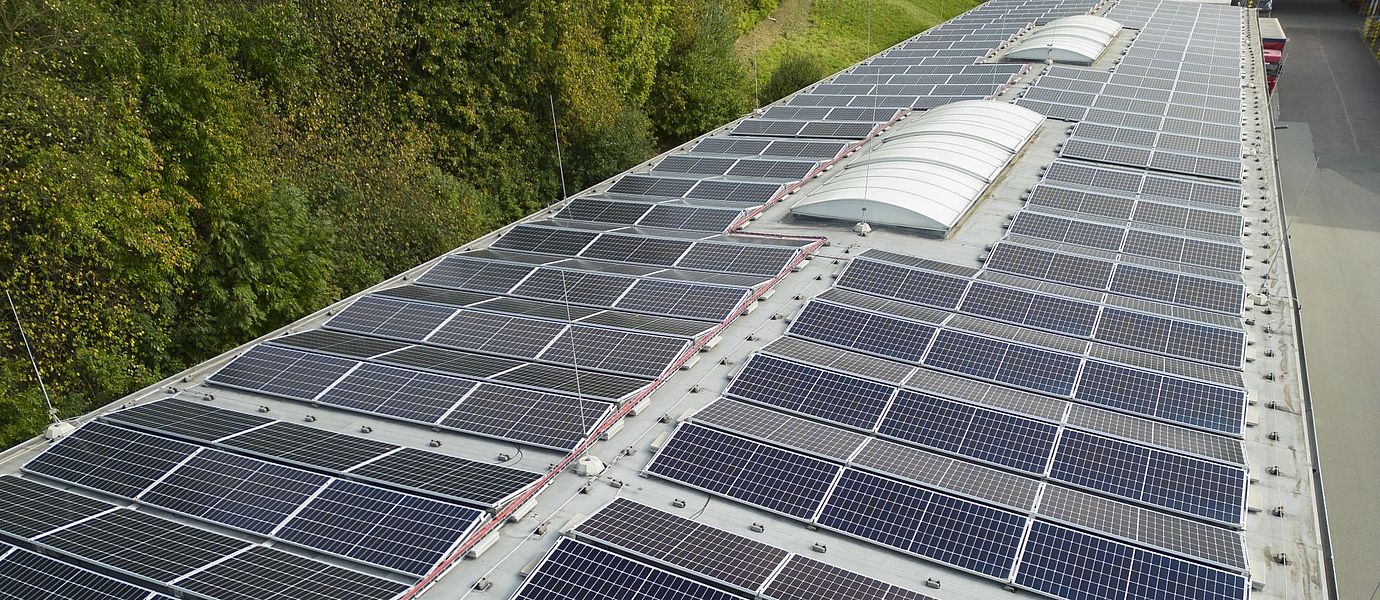
Rieter is pressing ahead with the implementation of energy efficiency measures, particularly at its production sites in key markets. In doing so, the company focuses on integrated approaches that combine renewable resources with intelligent solutions. This saves money and reduces CO2 emissions.
In 2023, based on the recommendations of a company-wide energy audit, Rieter accelerated the implementation of efficiency measures at all locations. These range from replacing light sources with more energy-efficient light-emitting diode (LED) lamps to introducing an energy management platform at the site in China and making better use of daylight. Rieter also obtains about 6 800 MWh of renewable electricity per year from photovoltaic systems at company-owned sites in China, India and the Czech Republic.
Ústí nad Orlicí (Czech Republic)
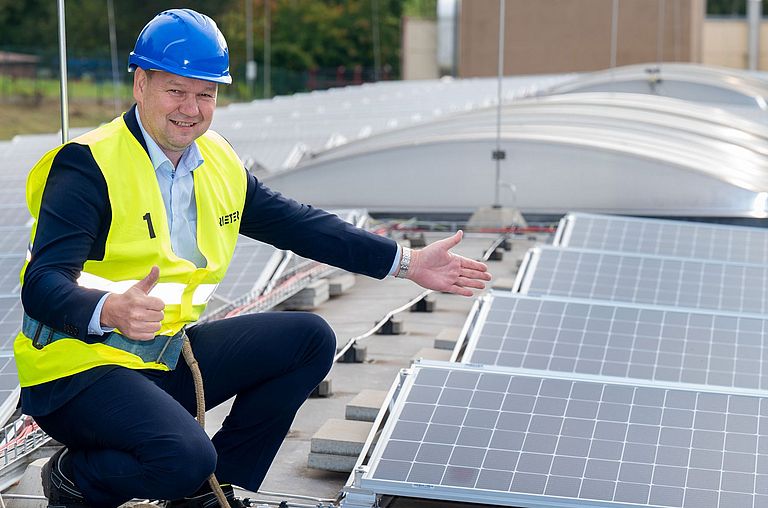
With an annual capacity of around 700 MWh, the latest photovoltaic plant at the Ústí nad Orlicí production location has been covering around 20 percent of the annual electricity requirement since July 2023. The location where the world’s first rotor spinning machine went into series production in 1967 has been part of the Rieter Group for almost 30 years. The surplus production from the photovoltaic plant is fed into the public grid on weekends when it is not in operation. The company has been using certified green electricity from the public grid since 2021. Over the years, the insulation of the buildings at the location has been gradually improved, and today about 90 percent of the 33 000 m2 of building space is thermally insulated and lit with LED lamps.
Changzhou (China)
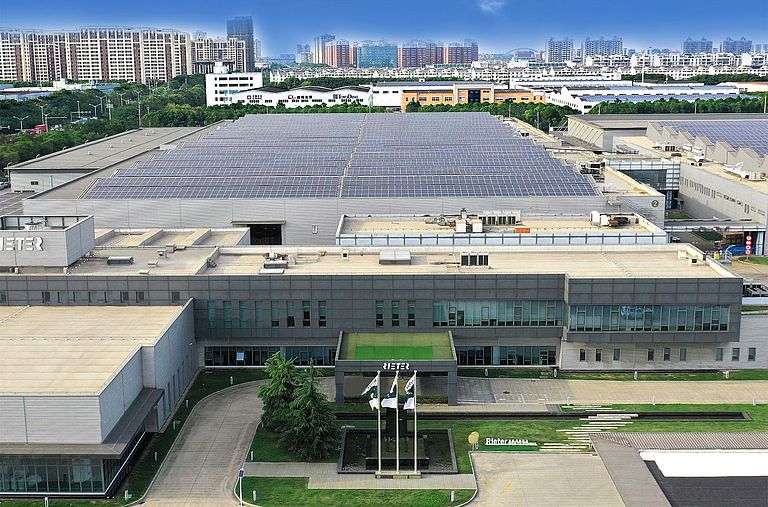
An energy management platform (EMP) was introduced at Rieter’s Changzhou location in 2023. This analyzes building and production data in order to optimize energy consumption. The EMP is the latest step in Rieter’s strategy to minimize the CO2 footprint at the location. To reduce energy requirements, the plant was designed from the outset to take advantage of natural light and ventilation. The company has now purchased more efficient equipment, such as variable frequency drive (VFD) compressors that can match the compressed air supply to production needs. As these are among the largest energy consumers at the location, electricity consumption has already been reduced this year.
In 2022, Rieter installed its largest photovoltaic plant in Changzhou with an annual capacity of 3 600 MWh, which covers around 25 percent of the site’s energy requirements. The EMP helps to effectively manage peak loads and reduce electricity demand by eight to 10 percent.
Wing (India)
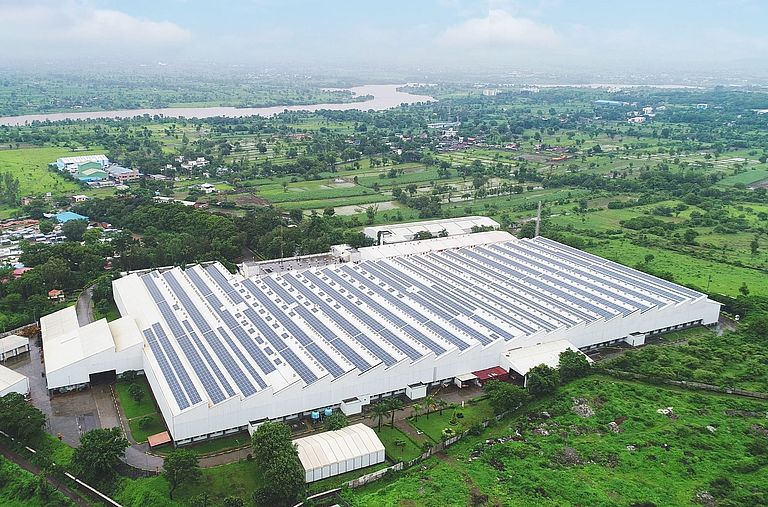
At the Wing location in India in particular, the company knows how to use the forces of nature to minimize energy requirements. A photovoltaic plant has been covering around 20 percent of the electricity needs at the location since 2019. Natural light is also increasingly used in the production plant. In addition, about 85 percent of the factory premises are illuminated with LEDs. The company planted around 200 trees both at the Wing location and in the nearby village of Gokawadi. These will one day provide additional shade and reduce the need for air conditioning.
The production facilities are also being upgraded for greater efficiency and sustainability. For new purchases for the location, management opts for machines with energy-saving drives and purchases new fiber laser machines that use only half as much energy as their predecessors. Wherever possible, inefficient conventional motors are replaced with high-efficiency induction motors.
Winterthur (Switzerland)
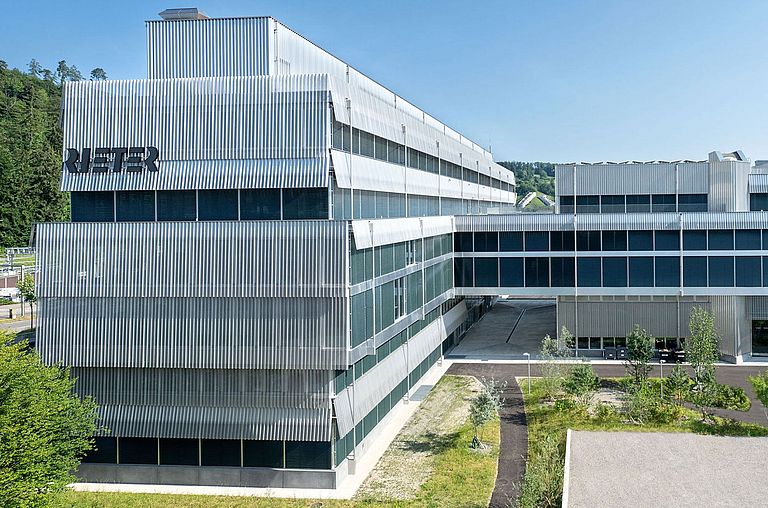
The campus, which will open at the Winterthur site in spring 2024, is consistently based on ecological principles:
- 25 percent of electricity requirements from renewable sources,
- 60 geothermal probes for heating and cooling,
- E-charging stations available in the underground parking garage,
- two bus routes directly outside the building,
- 150 bicycle stands for employees,
- natural landscaping.
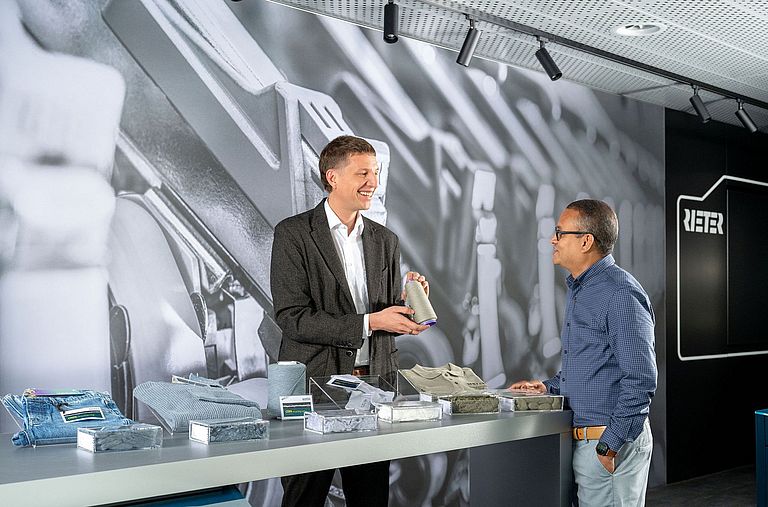
Reporting on non-finanical matters 2024
Rieter has a clearly defined sustainability strategy that is closely linked to the Group strategy. In the 2024 Annual Report, the report on non-financial matters shows the progress Rieter has made in the areas of environmental, social and corporate governance.



